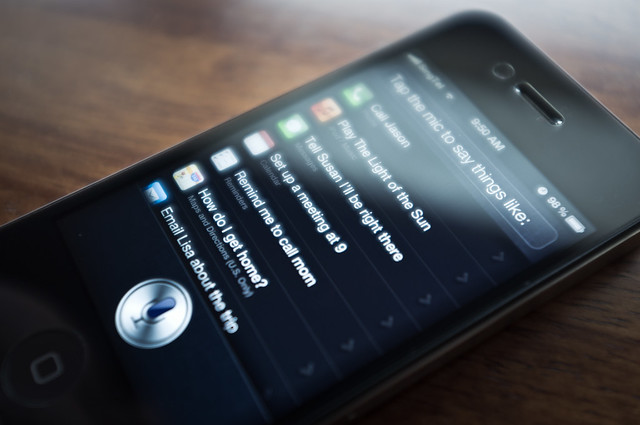
Despite recommending that iPhone 4 users should stick with their devices for another year… I’ve changed to the iPhone 4S.
It’s a lot easier to get hold of an iPhone 4S in Singapore now (compared to the iPhone 3GS and iPhone 4) as most telco companies, especially Singtel, did away with their messy and unreliable “queue” system for walk-in purchases.
The greatest motivation to upgrade? Since I’m reading Interactive Media this semester, I thought it would be enlightening to get a first-hand experience with conversational interfaces. Personal assistants and chatbots have come a long way since the Eliza – the pseudo-psychiatrist robot – spoke to bewildered new media majors, all struggling with their term papers on interactivity. Okay, that’s a lie. Hahaha.
So anyway, what do you really gain if you upgrade?
iPhone 4 -> iPhone 4S
– Siri
– Dual-core A5 processor
– Dramatically faster performance for most tasks
– Speaker is A LOT louder
– Improved noise-cancelling for Microphone (clearer voice over calls, especially between two iPhone 4S)
– Vibration motor is very quiet
– Antenna is drastically improved (2-3 bars, when iPhone 4 can get only 0-1 bar)
– World phone
– Improved camera sensor + optics (f/2.4 optics)
– Captures 1080p30 video and 8 mega-pixel images
– Weaker battery life (drains more than it should, due to faster processor and some bugs)
iPhone 3GS -> iPhone 4S
All of the above and..
– Retina display
– Front-facing camera
– FaceTime
– Phenomenally faster performance for most tasks
– Slimmer design which feels lighter
– The updated Apple Earphones with 3 buttons (not that you should only use this…)
– A mandatory switch to microSIM
iPhone, iPhone 3G
You should definitely upgrade as these devices do not support iOS 5.
How good is Siri?
Anyway, the voice-recognition ability of Siri is astonishing. In the particular way that it can understand what I’m saying most of the time. There was no need for any accents, or at least, I just spoke normally in Standard Singapore English (NOT Singlish). I believe Siri will work for most Singaporeans with no problems. As long as you speak in complete sentences and enunciate words clearly, Siri will be able to recognise commands. However, special care must be taken when it comes to diction. Any awkward break, or “errrr/hmmmm/lahhh” sort of thing will throw the voice recognition off. If you happen to speak like this then there is no chance that Siri will work.
One thing to note, Siri requires an internet connection at all times for it to function. Voice processing (and finding answers) occurs at Apple’s servers – The Siri interface basically compresses your voice data and sends it to Apple. Eventually, Siri will learn the nuances and speech habits of its owner.
Siri will become more useful in 2012 when location-based search is available in Singapore.
Here are some of “My Siri moments”:
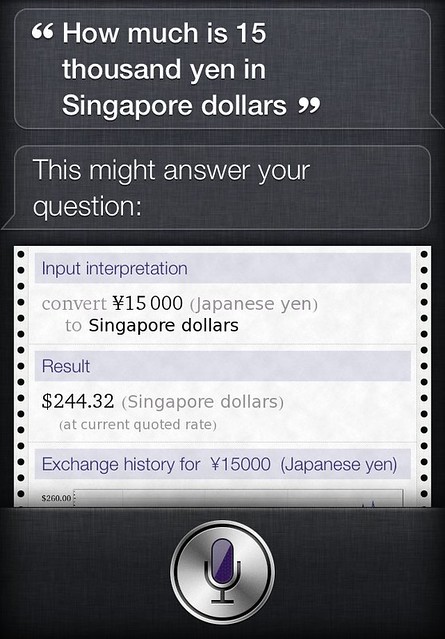
Siri could interpret this sentence and run a conversion through Wolfram Alpha.
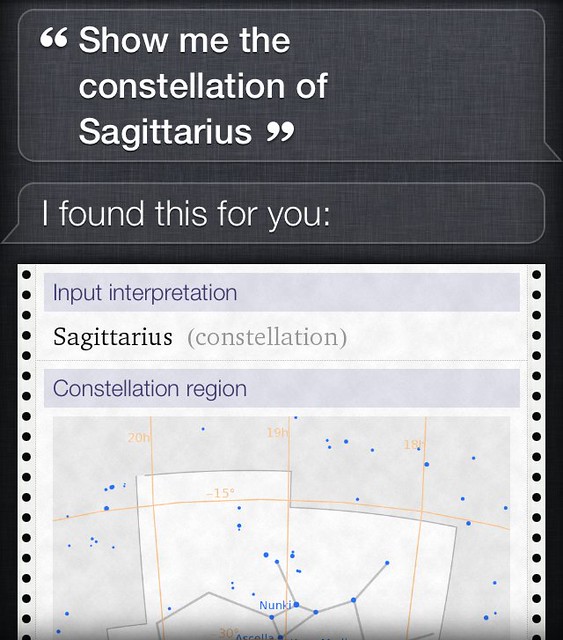
Wolfram Alpha processes most of the questions. If you are familiar with its capabilities, then Siri simply acts as the voice-recognition agent.
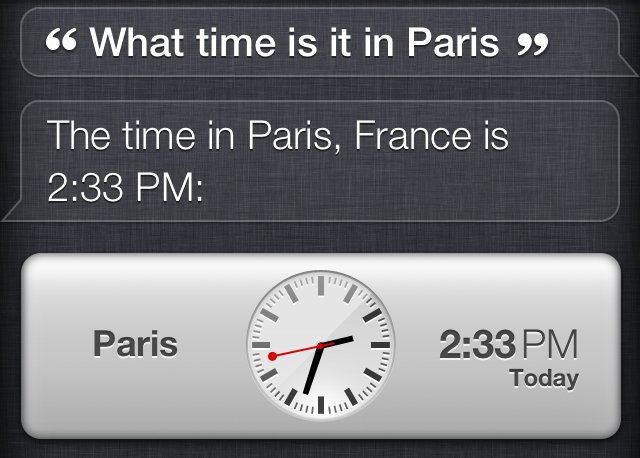
I’m not sure if Siri is made for people who have little time (or just plain lazy) to use Apps. While Siri does makes things easy (such as setting reminders and calendar events), it does get very tiring after a while to keep speaking to the iPhone.
And to test just how powerful the voice recognition engine is, I have this image to show, courtesy of my sister who first tried this out.
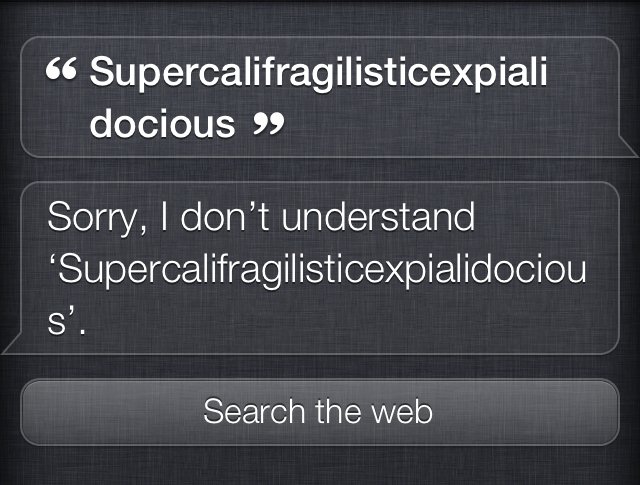
Of course, Siri has a personality:


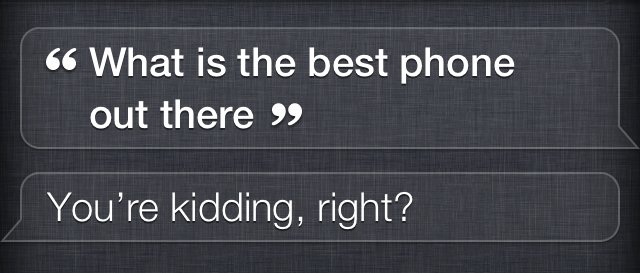
No comments yet.